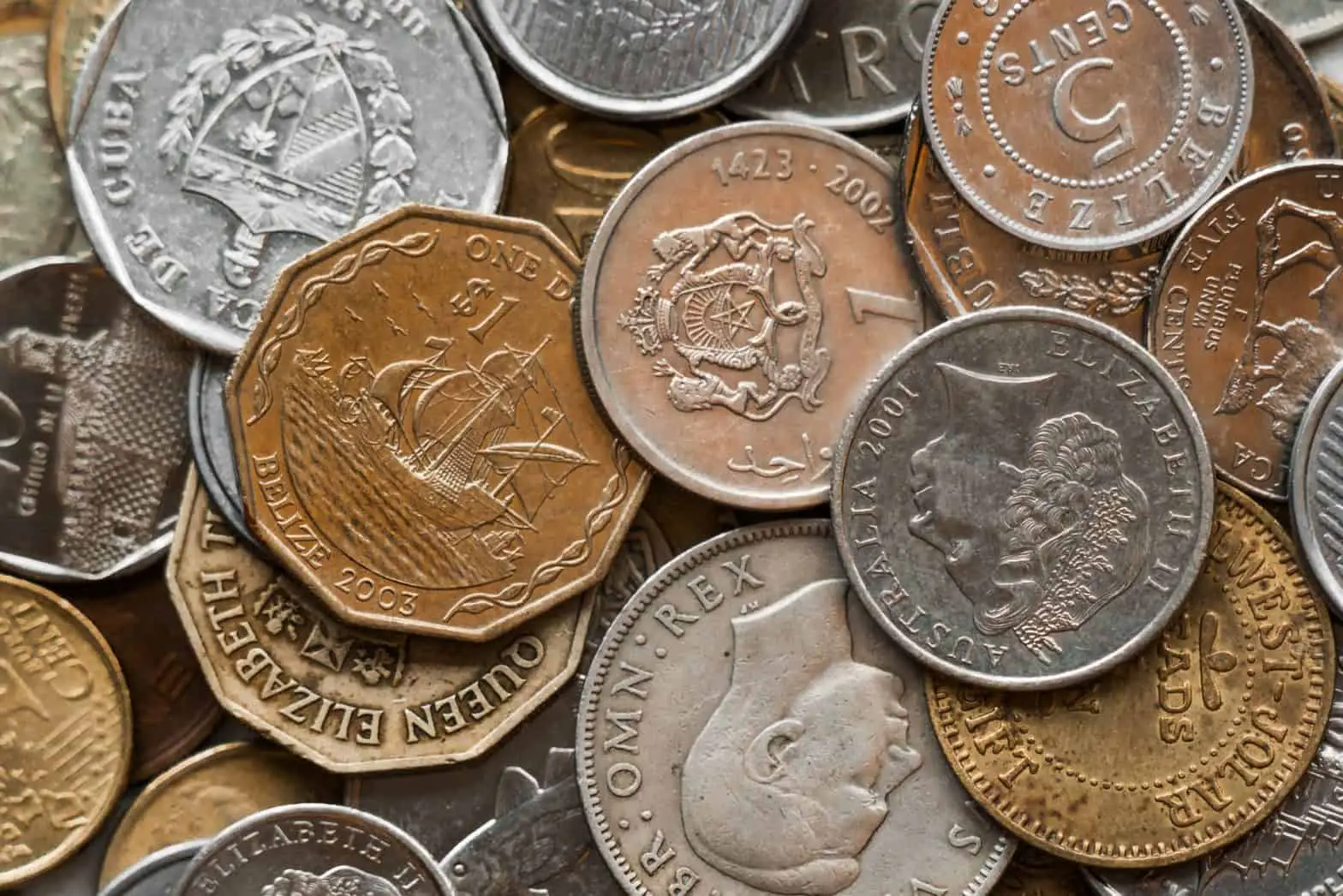Table of Contents
*This post may contain affiliate links. As an Amazon Associate we earn from qualifying purchases.
Rare and ancient coins are a hot commodity on the auction market today.
When it comes to rare and ancient coins, there are key things you need to know before going to auction.
Coin Auctions for Beginners
First and foremost, if you’re interested in coin auctions, you need to know which specific coins might actually have value. This requires a little sorting and digging on your part.
Refer to resources of the most valuable coins that might be hiding in your collection.
Sometimes a penny is worth a lot more than a penny: mint condition 1943 Lincoln Head Copper pennies have gone for $10,000 or more.
Unfortunately, there are many fakes floating around as well, so when entering the coin auction market make sure to do your due diligence and vet your sources.
How to Avoid Bad Sellers in Online Coin Auctions
Online auctions can be fun and rewarding and can provide access to thousands of items you might otherwise never see. However, there are risks involved with online coin auctions. Here are some things to keep in mind:
- Be sure to understand the specific auction rules, terms, and conditions. They can vary from firm to firm so know exactly what they are.
- Always read the seller’s full description – as well as the terms, return policies, and shipping and payment options– before bidding.
- If it seems too good to be true, it probably is. Watch for any unusual terms and stick with listings with pictures. Avoid stock photo sales – the coins will most likely be lower quality than the ones pictured. Also avoid suspicious pictures, as in those that don’t seem to have been taken by the seller.
- Avoid sellers that have no return policy or do not accept returns.
- Beware of “novice” sellers. Many sellers will claim to have inherited an estate or know very little of coins, but this is often a front for offering low quality or counterfeit coins for sale while divesting responsibility.
- Pay attention to feedback ratings. Stick with 98% or higher reviews and positive feedback. A string of negative reviews should give you pause. Pass on sellers with suspiciously inconsistent selling histories.
- Stick with public auctions. Pass on sellers who use private listings or have private feedback. They are usually hiding bad reviews or disguising shill bidding.
- Only purchase expensive coins from a seller with a track record. New accounts should be given extra consideration – expensive listings or a substantial amount of inexpensive junk sales might be a guise for illegitimate vendors.
- Only purchase through the auction sites so that you have recourse. Sellers who contact you outside of the venue should be avoided.
- Beware of US coins being auctioned by international vendors, particularly those from China, where large quantities of counterfeit coins are produced.
How to Start Collecting and Selling Rare Coins Using Coin Auctions
When it comes to coin auctions, rare coins are the cream of the crop. Many of the most coveted rare coins are U.S. error coins and die variations still found in circulation today. The differences in these coins are minute and often go unnoticed.
While it may take a few years of searching to find a rare coin worth hundreds or thousands of dollars, it’s not uncommon for beginner coin collectors to find coins worth $10 or $50 dollars within their first year of searching.
Here’s how to get started collecting and selling rare coins:
- First, familiarize yourself with the most valuable pocket change coinsin circulation today. Then familiarize yourself with the most valuable rare coins that exist today.
- Next, with these handy lists to reference, begin by sorting through your pocket change and coin jars – coins worth $50 or even thousands of dollars might be hiding right in your midst.
- Make a habit of checking your coins every time you are given change.
- Look for popular rare coins.
- Then begin to really scrutinize the face of your coins to find truly valuable, truly rare coins. Scan for mistakes such as typographical errors and missing or unusual design elements.
- Store potentially valuable coins properly. Store valuable coins in coin flips, don’t just throw them back in a jar. The better the condition of the coin the more valuable it is.
- Bring valuable coins to a professional to get them cleaned – attempting to clean them yourself may compromise the coin’s integrity.
The Final Step: How to Sell your Coins
Like a fine wine, coins can gain value with age. When you’re ready to sell, bring them to a professional coin grading service which will cost anywhere from $20- $100. If you think your coin is worth less than $250 or so, you may wish to sell it yourself on eBay.
If the coin is valued anywhere from $250 to $10,000, sell it through a coin dealer. The dealer will take a commission but will handle the transaction for you.
Use an auction house if you hit the jackpot and have a coin worth more than $10,000. Heritage Auctions or Stack’s Bowers Galleries are good places to start. Coin auction seller fees can be 15% of the value – or even more.

